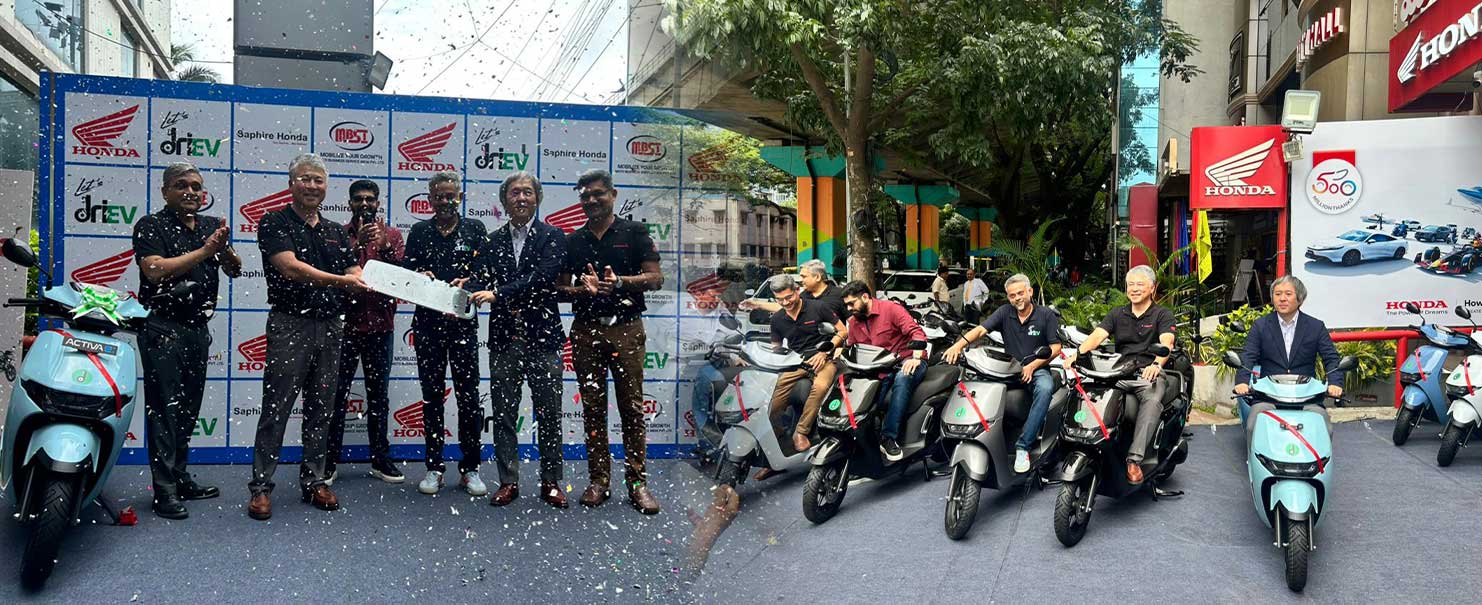
Although Electronic Vehicles (EV) has gained momentum worldwide, it was introduced to India only recently. Keeping in mind the energy efficiency, benefits to the environment, and affordability of EVs, the central government has taken several steps to support its journey in India.
With the advent of the Rs 95 crore scheme by the Ministry of New and Renewable Energy (MNRE) in 2010, ‘National Electric Mobility Mission Plan (NEMMP) 2020’, Faster Adoption and Manufacturing of (Hybrid) and Electric Vehicles (FAME) Scheme and its further progress, the EV startups were beginning to gain pace in the Indian economy. Many people had started believing that the future of vehicles is electric. But, the pandemic was a bang on the EV sector. Many startups had to shut down, and most showrooms were empty.
Amidst the new normal, the EV startups expected that the 2021 budget would help them overcome the economic crisis accentuated by COVID-19. They hoped that the budget would include Production-linked incentive (PLI), GST reduction, removal of inverted duty structure for batteries and charging, vehicle scrap policy, reduction in import duty of lithium-ion battery etc. However, the budget 2021 that came out on February 1st 2021 brought only a little cheer to the EV startups.
Still, the EV sector has welcomed the budget warmly. The scrappage policy for old vehicles announced by the Finance Minister Nirmala Sitharaman and the extended tax holidays for startups have brought rays of hope to the manufacturers of EV. The new scrappage policy would automatically increase demand for new vehicles, making a transition towards a greener economy. Thus, it would also provide mobility to electric transportation, which is eco-friendly, fuel-efficient and reduces pollution issues and dependence on fossil fuels.
People also hope that several new schemes and fund allocations by the government would indirectly benefit the sector. For instance, EV manufacturers wish that the government would use the 2,217 crores set apart for 42 urban centres to create awareness about the benefits of electric vehicles. They also hope that the outlay of ₹18000 crores for operating 20000 buses would consider introducing electric buses into the cities as a part of this scheme. Some even find the announcement of Hydrogen Energy Mission as a means to satisfy the charging requirement of EVs. Also, the increase in customs duty of automobile parts will encourage domestic production. The greater focus on domestic infrastructure would also help the easy manufacturing of EV and EV related products in India.
Nonetheless, the government could have created a much-awaited impetus in the sector if it had considered reducing the GST and further incentivising EV consumption across India. Here are some of the suggestions put forth by some of the mobility services that can help the EV ensure a sustainable growth.
Sunil, MD & CEO, Avis India:
“As the world is moving towards greener and cleaner transit solutions, the mobility sector will be majorly driven by electric vehicles. The commercial vehicle segment, including electrification of buses and fleet operators, is set to be the fastest-growing market. This can be pushed further by promoting the creation of a robust and well-connected EV charging infrastructure on a pan-India level. Various policy-level initiatives, grants, and tax rebates are a few key factors that would strengthen India’s nascent EV as well as car rental markets. The government could further incentivise the adoption of electric vehicles while setting up EV battery capacity in the country.”
Anmol Jaggi, Co-Founder and CEO, BluSmart Mobility:
“One way to excite the fleet industry to quickly turn electric could be to waive off tolls for EV fleets for one year. This would bring the cost of operations down for MaaS providers and empower them to also pass down some of those benefits to the customers as well, thereby helping the complete ecosystem adopt EVs sooner. Also, a reduction in the tax rate on EV charging-as-a-service will boost a lot more Charge Point Operators to set up shop and take the concern around not-enough-charging-stations away from a consumer’s mind to adopt EVs.”
Thus the EV sector is in need of a strong push to regain its normalcy in the post-pandemic scenario. It is important that all relevant stakeholders recognize the importance of a transition in order for India to unleash the true potential of electric vehicle mobility.







